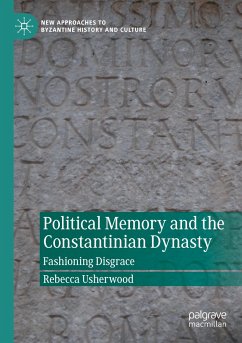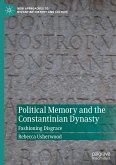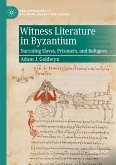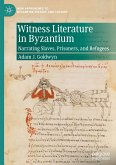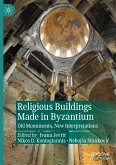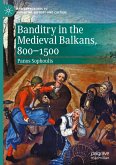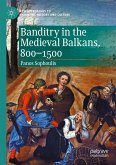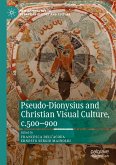This book is an exploration of political memory and disgrace in the reigns of Constantine and his sons. It uses the conditions of the early to mid-fourth century to argue that the deconstruction of political legitimacy should be viewed, first and foremost, as a collective phenomenon, the result of the actions of a diverse range of people responding to political change. It also challenges many positivist and teleological narratives of the 'Age of Constantine'. Shifting the focus from the emperor and his sons onto their rivals and opponents, the Constantinian dynasty is placed back into the messy and ambiguous political environment from which it emerged.
The wealth of material information presented throughout the book. The richness of late Roman society, of the many ways in which the individuals who carved or erased inscriptions reacted to current political events, is brilliantly presented. (Gabriel Requia Gabbardo, The Classical Review, Vol. 74 (1), 2024)

